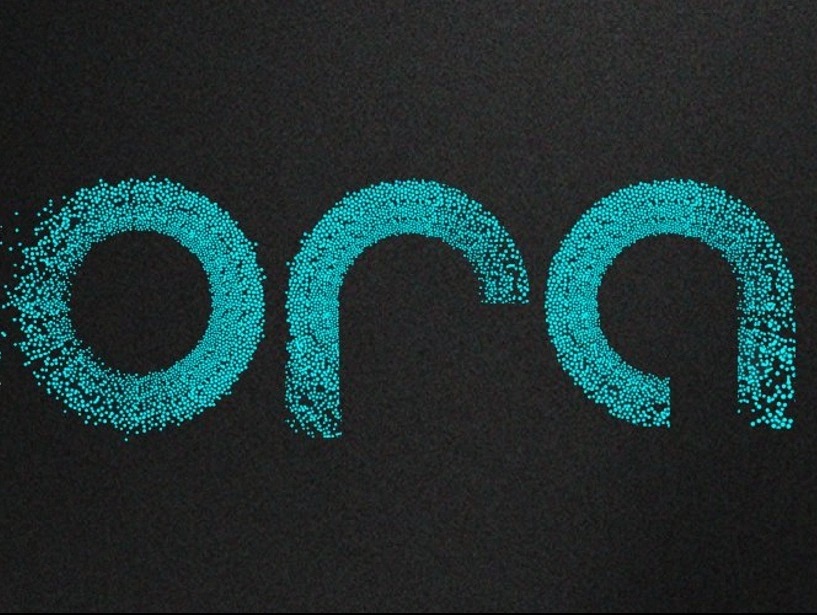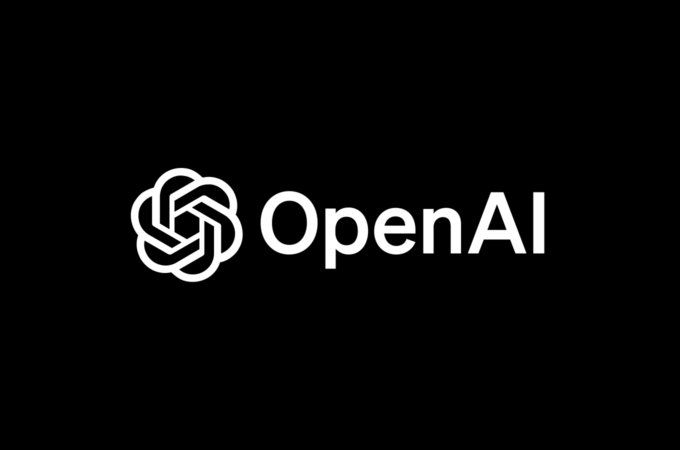
ORA Secures $20M to Revolutionize AI Integration in Blockchain
ORA, a pioneering verifiable oracle protocol, has successfully raised $20 million in a funding round led by prominent investors including Polychain, HF0, and Hashkey Capital. The funding, announced on June 26, 2024, aims to accelerate ORA’s mission of integrating artificial intelligence (AI) with blockchain technology.
Founded in 2022, ORA is developing cutting-edge solutions to overcome the limitations of smart contracts in interacting with AI. The company’s flagship technology, Optimistic Machine Learning (opML), enables secure and efficient on-chain machine learning with privacy-preserving features. This breakthrough allows for the tokenization of AI models and brings decentralized AI capabilities to the Ethereum ecosystem and other EVM-compatible chains.
Kartin Wong, co-founder of ORA, emphasized the transformative potential of their technology: “ORA is changing the way we think about bringing AI on-chain. By offering economically verifiable machine learning inference through our opML and oracle technology, we unlock the design space for AI dApps.”
One of ORA’s most innovative concepts is the Initial Model Offering (IMO), which allows AI model creators to tokenize and monetize their creations. This approach aims to foster a more equitable and sustainable ecosystem for open-source AI development. The company has already launched its first IMO token, $OLM, alongside a staking program that allows community members to participate by staking Ethereum or $OLM.
The fresh capital will be utilized to expand ORA’s ecosystem, with a focus on research and development of oracles and blockchain infrastructure. The company plans to empower partners in technology integration, help AI model creators launch more decentralized applications (dApps) through the IMO program, and nurture its community ahead of a token generation event.
ORA’s technology is already gaining traction in the industry, with developers exploring various applications. These include processing insurance claims directly on-chain based on specific rules, identifying anomalies that deviate from normal patterns, and developing AI oracles to assist in dispute resolutions and settlements.





